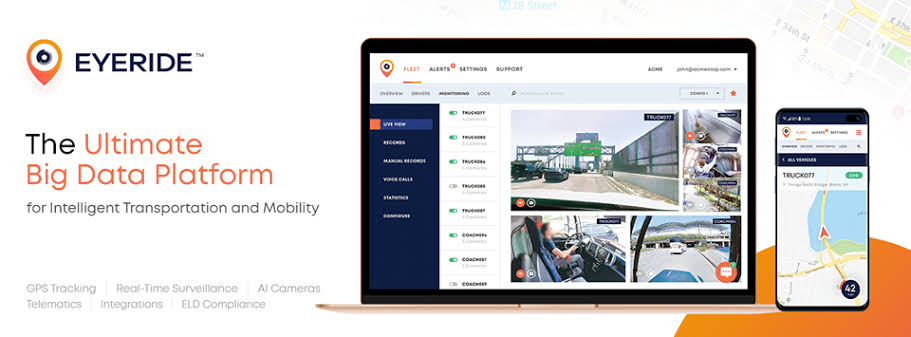Fuel costs account for a huge part of the vehicle operating costs for any organization. It is a key expense for companies that are in the transportation business and greatly determines their bottom line. Though businesses may have no control over erratic fuel prices, they can do something to prevent undue expenses due to fuel wastage, fuel card frauds, siphoning off of fuel from their fleet, and other such practices. And it’s called fuel management.
Advancements in technology have offered fleet managers fuel management systems that provide them with tools to help them in their work and control fuel expenses. The tools enable the managers and fleet operators to monitor fuel usage, see real-time vehicle locations, have different options for fuel, and so on. However, before investing in any fuel management system, ask yourself some questions, such as the following ones:
Can it help our business save money?
The biggest need for most systems is to help the entities that procure them to save some money, and this is no exception even for fuel management systems. The system can do this by correctly monitoring and controlling the usage of the fuel. All of the loopholes that can allow the unauthorized use of fuel and theft are sealed. The system also avails accurate data that is necessary for planning and making budgetary decisions, as well as for the management of the vehicles. A great system will also help to pinpoint errors and identify possible areas that can allow the company to cut costs.
While considering a system that saves the business money, you may select one that also integrates other things like GPS and cameras. This is to allow users to see what is happening around the vehicle in real-time and to locate the vehicle to avoid changing routes. For such systems, especially with cameras and GPS, you can click here now.
How does the system provider offer customer support?
As you shop for a fuel management system, one of the key questions to ask yourself is how well the provider offers customer support to the users or buyers of the system. It is critical to have a service agreement policy and other necessary issues put in black and white to avoid problems with offering key services. If a provider is unwilling to commit to writing, then that should be a red flag and you need to reconsider working with them.
In what ways does the system enhance your fuel and data security?
How well can the system prevent its users or other people from cheating the system and stealing from the business? Does the system also minimize incidents of human errors when it comes to data? The system you choose must be one that can gather and submit accurate data to enable the management or users to know if the problem is from poorly working vehicles or interference with system integrity. You need to see that the provider appreciates the security of a system and accuracy of its data output, which is through reducing the need for user inputting data and interacting with the system.
How will the system integrate with existing software?
Your business stands to save a lot and avoid some issues if the fuel management software can easily and seamlessly integrate with your business software. This can ease the sharing of data and enable faster decision making.
Other questions you need to ask while buying your fuel management system is: how easy will it be to upgrade the system? Can new innovations be integrated into the older system without having to buy a new one? You may also ask if the fuel management system promotes a greener environment. This includes enabling alternative fuels, taking care of emissions, and so on.



